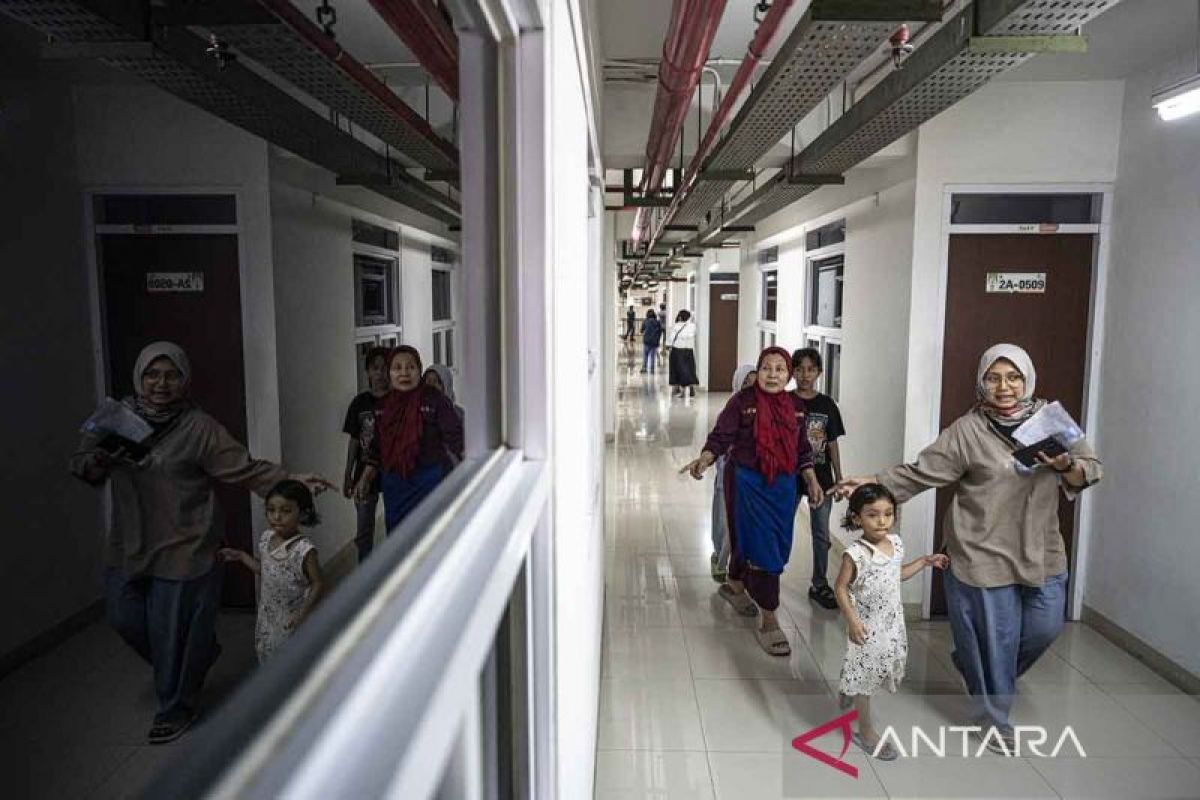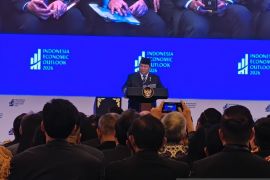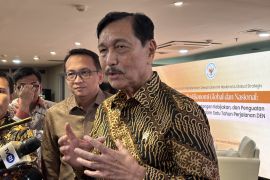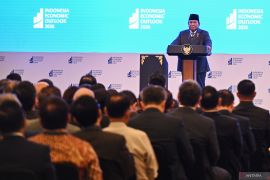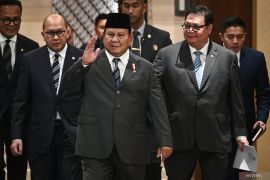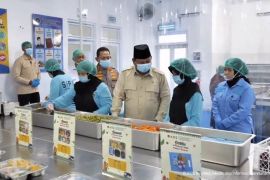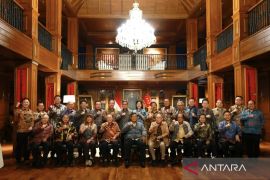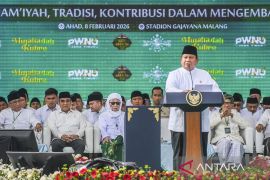Based on 2022 data from the Ministry of Public Works and Public Housing (PUPR), Indonesia faced a housing backlog of 11 million units. Approximately 93 percent of this backlog was attributable to low-income communities (MBR), with 60 percent stemming from MBRs working in the informal sector.
This situation was exacerbated by the growing number of individuals belonging to the sandwich generation, a productive generation burdened with supporting both their families and their aging parents.
Hence, the Prabowo administration has prepared this three million houses program to provide decent housing for the lower class.
The program covers the construction of two million houses in rural areas and one million apartments in urban areas.
The construction of two million houses in rural areas aims to support villages as a source of food security as well as tourist villages to bring added economic value to rural communities.
Meanwhile, the construction of one million apartments per year in urban areas aims to help people working in urban regions have a place closer to their workplace.
In order to realize this program, the government is implementing three strategies: public openness, efficiency, and innovation.
Public transparency
The first strategy for realizing this housing program involves ensuring public transparency and accountability through strict public and legal oversight.
This strategy is crucial, as the program encompasses various stakeholders, including village-owned enterprises (BUMDes), small and medium-sized enterprises (SMEs) for rural housing, as well as developers, ministries, and state institutions for urban apartments.
A call center would also be prepared to accommodate information and reports related to allegations or cases of extortion, corruption, embezzlement, and extortion in the program.
The government would also open a public discussion forum involving all stakeholders in the housing sector, from business actors to the media, to provide input to the government.
Furthermore, the Ministry of Housing and Settlement Areas, an institution mandated to run this program, will increase supervision in its environment to prevent corrupt practices and extortion.
The public openness strategy aims to prevent corruption at the earliest stage and extortion which can contribute to reducing house prices for the lower classes.
Utilization of Pasar Rumput Flats
The second strategy is to carry out efficiency measures by optimizing housing assets from the previous government era, such as Pasar Rumput flats in Manggarai, Jakarta, built in 2021.
The Pasar Rumput Flats (Rusun) in Manggarai, Jakarta, constructed in 2021, is currently in the initial stage of utilization. The flat houses 1,984 type 36 residential units on floors 4 to 25. Additionally, it features a market with 967 kiosks and 350 stalls on floors 1 and 2, along with comprehensive public and social facilities.
For the three million houses program, the flat will be prioritized for victims affected by the Manggarai fire and residents who will be affected by the construction of the Ciliwung River Area.
Others to be accorded priority are teachers who have not had their first home, personnel of the Indonesian Defense Forces (TNI), and National Police (Polri) with low ranks, and civil servants with low salaries.
The plan is to rent the flat unit ranging from Rp1,250,000 to Rp2,500,000 per month.
The community affected by the Manggarai fire and the Ciliwung River relocation will receive relief in the form of one-year free rent at the Pasar Rumput flats.
The utilization of the Pasar Rumput Flats is the initial step of an efficiency strategy by utilizing the existing flat assets.
Utilizing corruptors’ confiscated land
The next strategy in this program involves innovation, such as utilizing land confiscated from corruptors by law enforcement agencies.
One potential source of confiscated land for this program is the thousand-hectare plot in Banten seized by the Attorney General's Office.
Utilizing confiscated land can significantly reduce land acquisition costs, as the state already owns the land. This approach can also serve as a deterrent to potential corruptors.
Innovative solutions like utilizing confiscated land are crucial to address the limitations of government budgets.
In 2025, the government has allocated 5.07 trillion rupiahs (308 million US dollars) for housing, with 1.2 trillion rupiahs (73 million US dollars) earmarked for the ongoing development of the new capital city, Nusantara.
Therefore, utilizing confiscated land can significantly alleviate the constraints on the housing budget for the upcoming year.
Efforts to provide housing for the community demand innovative and unconventional strategies to achieve substantial breakthroughs.
Efficiency is a key strategy in housing provision, involving the utilization and optimization of existing government assets.
Public transparency and innovation are crucial in reducing housing costs for the people. By preventing corruption and utilizing confiscated land, the government can alleviate the burden on its budget.
These measures can also ease the financial burden on low-income individuals seeking decent housing.
Translator: Aji Cakti, Resinta Sulistiyandari
Editor: Aditya Eko Sigit Wicaksono
Copyright © ANTARA 2024
